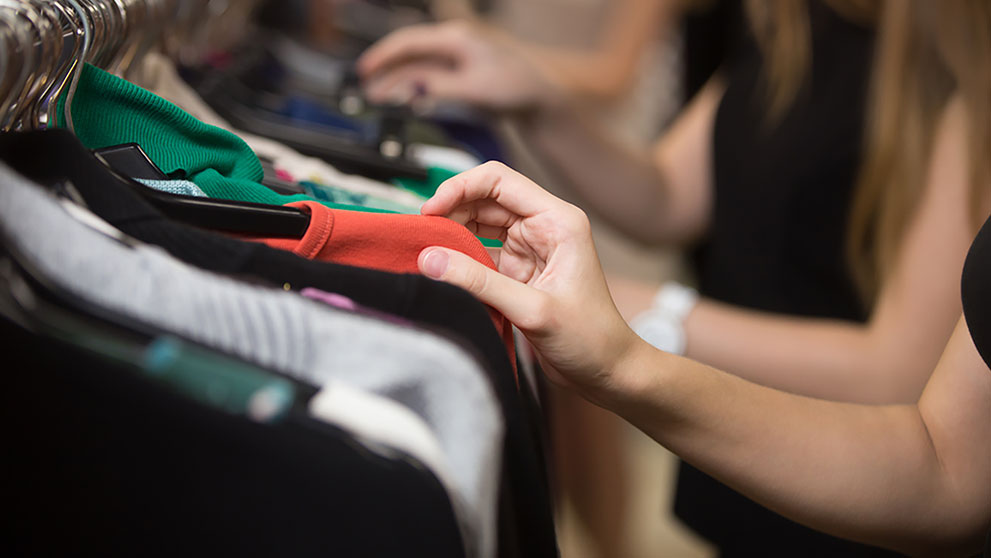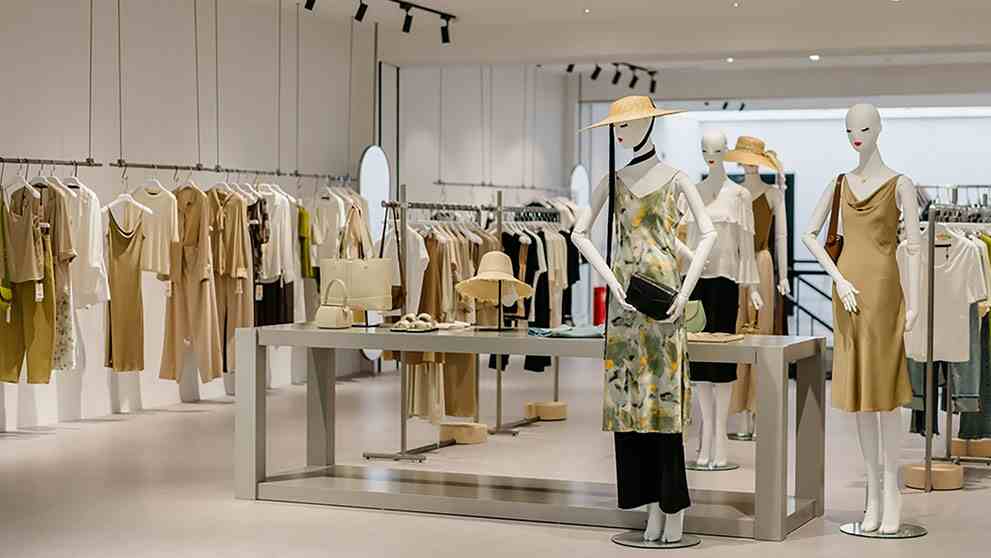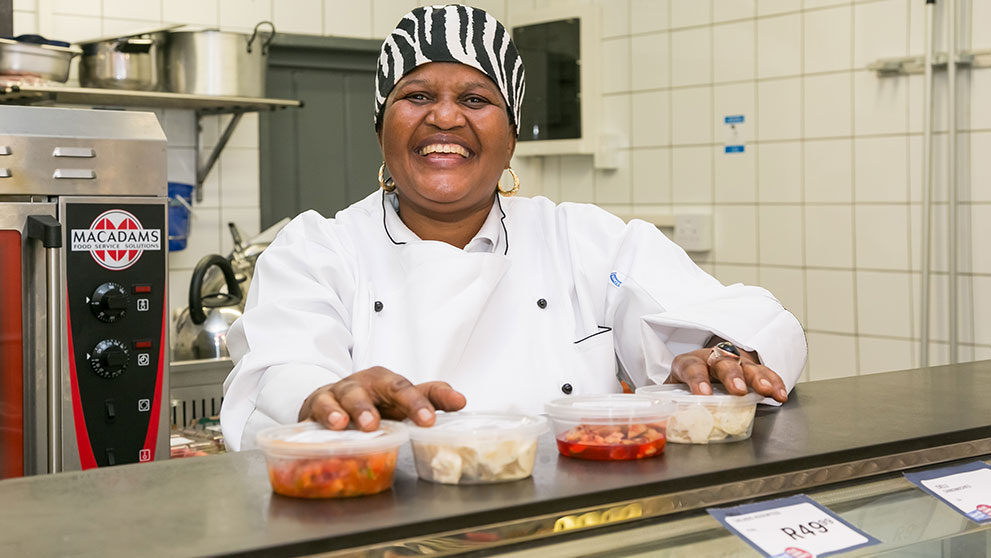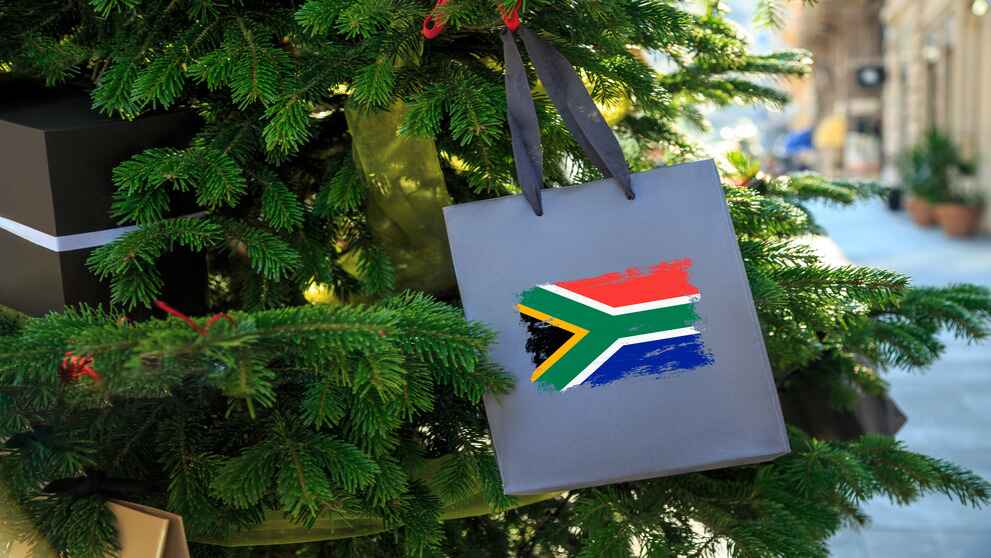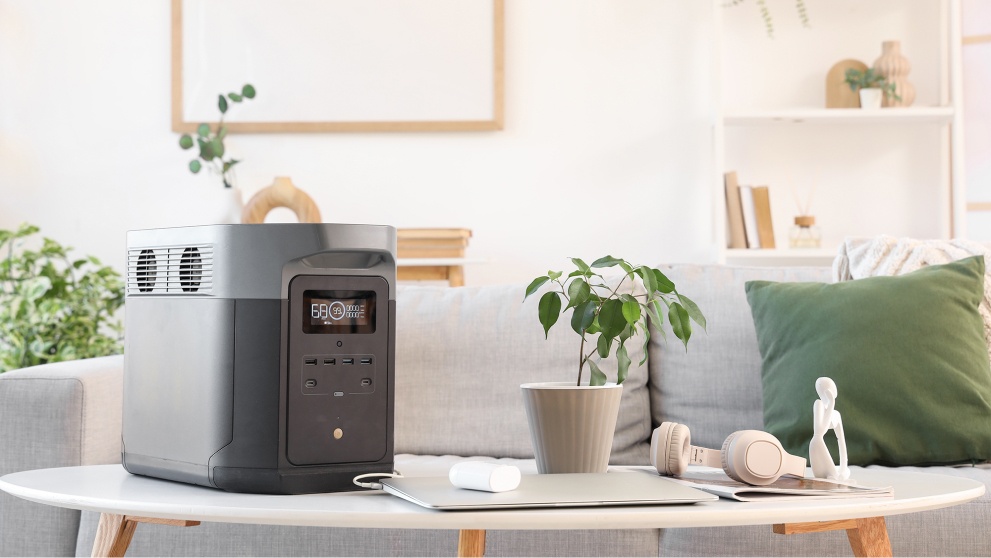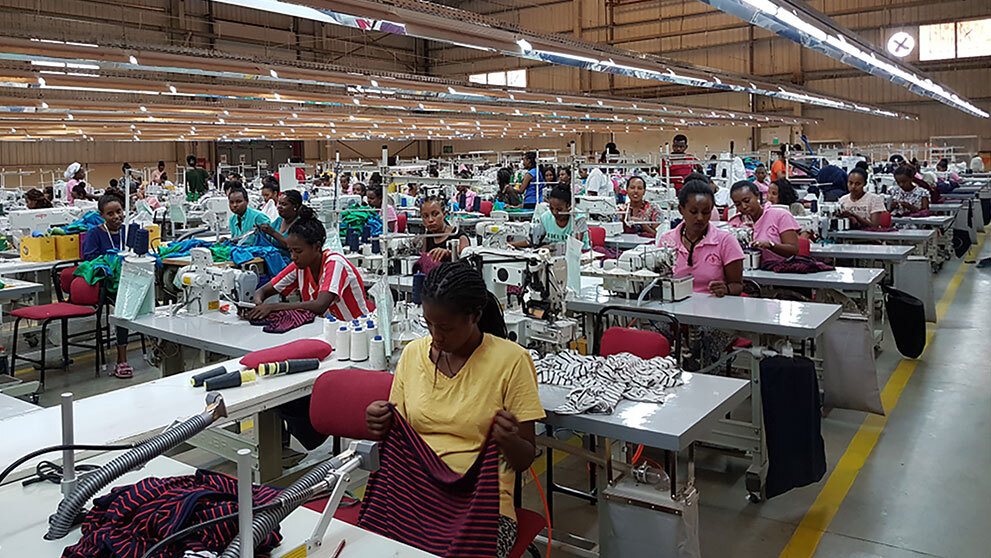Let's be honest – if you're not focusing on South African women consumers, you're missing out on one of the most powerful economic forces in our country. These aren't just casual shoppers we're talking about. They're savvy decision-makers who control most household spending and influence nearly every purchase decision from Cape Town to Limpopo.
The Power of the Purse: Understanding the Market
The numbers tell a compelling story: women worldwide control R600 trillion in spending, and this figure is set to grow dramatically. Here in Mzansi, women make 73% of healthcare decisions for their families. Yet surprisingly, many businesses still haven't cracked the code on serving this market effectively.
Why? Because they're stuck in outdated thinking. The days of "pink it and shrink it" are long gone, boet. Today's South African woman is looking for authentic value that speaks to her unique needs and aspirations.
What Really Matters to South African Women
Quality That Lasts
South African women are value-conscious, not just price-conscious. They're willing to invest in products that deliver real quality and durability. Think less fast fashion, more timeless pieces that work for multiple occasions.Solutions That Make Sense
From banking apps that understand the complexities of running a spaza shop to healthcare services that respect cultural traditions – successful products solve real problems in culturally relevant ways.- Community Connection
In South Africa, word of mouth isn't just marketing – it's everything. Women trust recommendations from their communities, whether it's their local WhatsApp group or their church social circle.

Hot Markets Ready for Innovation
Healthcare: The Wellness Revolution: While 61% of South African women say their health needs are being met, that leaves a significant gap. They're looking for:
Accessible preventive care
Culturally sensitive health solutions
- Digital health services that work with limited data
Financial Services: Bridging the Confidence Gap
Despite adding $5 trillion to the global wealth pool annually, women often feel underserved by financial institutions. Many express concerns about major life events such as debt and retirement planning. In South Africa, these concerns are amplified by economic disparities and historical inequalities. Women also report less confidence in their financial skills compared to men, a gap that widens with age. This lack of confidence can be attributed to persistent pay disparities and financial products that don't cater to women's specific life stages. Financial institutions have a golden opportunity to develop services that address these concerns, fostering financial literacy and confidence among women.
Consumer Goods: Meeting Diverse Needs
While consumer products receive relatively better feedback, there's still room for improvement. In South Africa, sectors like grocery and personal care/beauty have favorable ratings, yet many women feel their specific needs aren't fully met. For example, products may not consider diverse skin tones or hair types prevalent among South African women. Companies that invest in understanding these unique preferences can tap into a loyal and lucrative customer base.
Key Challenges to Overcome
Stereotypes: Assuming women only care about "pink it and shrink it" products. Newsflash: We want tech that works, not glittery laptops.
- Access: Rural women battle with transport and internet gaps. Solve this, and you’ll win loyalty for life.
Rules for Building Your Strategy: The Practical Guide
So, how do you turn these insights into a winning strategy? Here's a roadmap for tapping into the women's market in South Africa:
1. Do Your Research Properly
Skip the assumptions and get into the field. What works in Sandton might flop in Soweto. Understand the nuances of different communities and income levels.
2. Speak Their Language
Not just English, Afrikaans, or isiZulu – but the language of their experiences. Show that you understand their daily lives, challenges, and aspirations.
3. Deliver Real Value
South African women can spot gimmicks from a kilometer away. Focus on:
Quality that justifies the price
Functionality that makes life easier
Service that shows respect
4. Build Trust Through Action
Actions speak louder than words in our market. Show your commitment through:
Consistent quality
Transparent pricing
Reliable service
Community investment
5. Engage and Connect, Like Family
Create opportunities for real engagement. Use social media to build a community around your brand. Host events, workshops, or online forums where women can connect with each other and with your brand.
6. Empowerment is the Buzzword
Many women are drawn to brands that empower them. Think about how your brand can contribute to women's empowerment in South Africa, whether it's through education, skills development, or simply by making them feel confident and beautiful.
7. Collaborate, Don't Isolate
Partnering with influential women or organisations already working in this space can be a game-changer. It can boost your credibility and help you reach a wider audience.
8. Walk the Talk, Don't Just Talk: Don't just pay lip service to women's issues. Demonstrate your commitment through your actions. Support women-owned businesses, invest in women's education, or contribute to causes that are important to women.

Getting Your Products to Market
Success in the women's market isn't just about great products – it's about reliable delivery too. Whether you're shipping cosmetics to Bloemfontein or wellness products to Port Elizabeth, your logistics need to be as dependable as your products. Open a business account with DHL today and take the first step towards meeting the needs of South African women.
The Time is Now
South Africa's women's market isn't just an opportunity – it's a transformation waiting to happen. The businesses that succeed will be those that truly understand and respect the power of this market.
Remember: This isn't about creating a "women's version" of existing products. It's about building better products and services that work for everyone, while acknowledging and addressing women's specific needs and preferences.
The market is ready. The opportunity is clear. The question is: Are you ready to step up and serve South Africa's most powerful consumer group?









